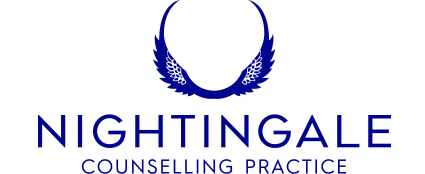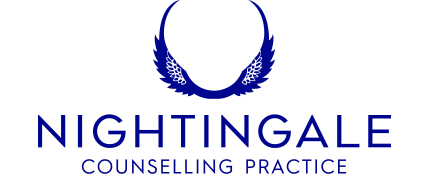If you have gone through a trauma, you may be struggling with difficult emotions, frightening memories, or even flashbacks to the traumatic event. Coping with trauma and its effects can be a lonely and isolating experience, leaving most people feeling numb, disconnected and unable to trust others.
Our trauma counselling can help you on your path to recovery. Our counsellors will design a treatment plan specific to your needs, give you strategies to overcome negative thinking patterns, and help you develop your own coping mechanisms to deal with the trauma.
Testimonial

I went to Florence at what I hope will be the lowest point of my life. I was scared, confused and sceptical that I could find a way through. As soon as we met I knew I’d gone to the right person. Florence has an incredible ability to guide and challenge you. Gently pushing with honesty, compassion, warmth, sensitivity and humour to confront fears, accept truths and regrets, and gain clarity.
Together we untangled complex emotions and behaviours, enabling me to build an understanding of myself and others I could never have achieved by myself. If the cost puts you off, don’t let it. Florence enabled a journey of self-discovery, it was an investment in me – she’s worth every penny.
I now know that whatever life throws at me I have the self-awareness to get through it – the storm will pass. Life is good.
Trauma Counselling

Trauma Counselling – Dealing with Trauma
Cognitive behavioural therapy (CBT) is the most effective model of counselling when dealing with trauma, anxiety disorders, panic attacks, compulsive disorders and stress. This approach helps clients to alleviate the symptoms which are causing them to feel anxious or low. Every CBT therapist at Nightingale Counselling is qualified to Diploma level in Cognitive Behavioural Psychotherapy from the University of Dundee. As well as CBT therapy, our counsellors are highly trained in a wide range of therapy models, enabling every client to recover and regain control, with a treatment plan suited to your needs. In some cases, we will refer clients to our Counselling Psychologist.
The Nightingale counsellors who deliver trauma counselling will provide you with the right treatment, self-help strategies, and support that will aid your recovery. Whether the traumatic event happened years ago or yesterday, we can help you to heal and move on.
If you have gone through a trauma, you may be struggling with difficult emotions, frightening memories, or even flashbacks to the traumatic event. Coping with trauma and its effects can be a lonely and isolating experience, leaving most people feeling numb, disconnected and unable to trust others.
Our trauma counselling can help you on your path to recovery. Our counsellors will design a treatment plan specific to your needs, give you strategies to overcome negative thinking patterns, and help you develop your own coping mechanisms to deal with the trauma.
Testimonial

I went to Florence at what I hope will be the lowest point of my life. I was scared, confused and sceptical that I could find a way through. As soon as we met I knew I’d gone to the right person. Florence has an incredible ability to guide and challenge you. Gently pushing with honesty, compassion, warmth, sensitivity and humour to confront fears, accept truths and regrets, and gain clarity.
Together we untangled complex emotions and behaviours, enabling me to build an understanding of myself and others I could never have achieved by myself. If the cost puts you off, don’t let it. Florence enabled a journey of self-discovery, it was an investment in me – she’s worth every penny.
I now know that whatever life throws at me I have the self-awareness to get through it – the storm will pass. Life is good.
Trauma Counselling

Trauma Counselling – Dealing with Trauma
Cognitive behavioural therapy (CBT) is the most effective model of counselling when dealing with trauma, anxiety disorders, panic attacks, compulsive disorders and stress. This approach helps clients to alleviate the symptoms which are causing them to feel anxious or low. Every CBT therapist at Nightingale Counselling is qualified to Diploma level in Cognitive Behavioural Psychotherapy from the University of Dundee. As well as CBT therapy, our counsellors are highly trained in a wide range of therapy models, enabling every client to recover and regain control, with a treatment plan suited to your needs. In some cases, we will refer clients to our Counselling Psychologist.
The Nightingale counsellors who deliver trauma counselling will provide you with the right treatment, self-help strategies, and support that will aid your recovery. Whether the traumatic event happened years ago or yesterday, we can help you to heal and move on.



